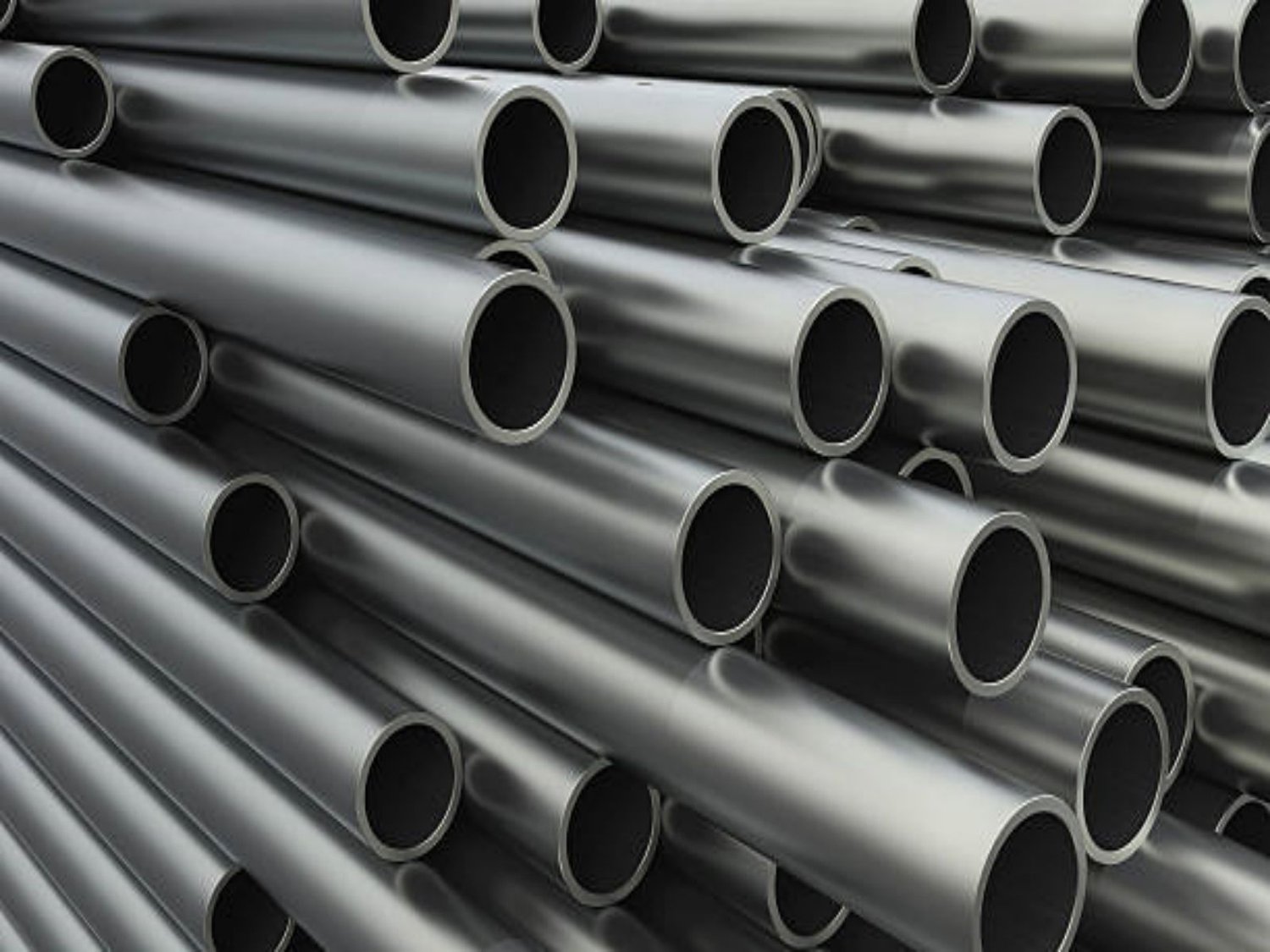Table of Contents

Titanium Tube vs. Stainless Steel Tube: Which Is Better for High-performance Applications?
Introduction:
When it comes to high-performance applications, the choice of materials plays a crucial role in determining the overall performance and durability. Two popular options for tubing in such applications are titanium and stainless steel. While both materials offer their own set of advantages, understanding the key differences between them is essential in making an informed decision. In this article, we will explore the pros and cons of titanium tubes and stainless steel tubes, helping you determine which one is better suited for your high-performance applications.
1. Strength and Weight:
Titanium tubes are known for their exceptional strength-to-weight ratio. This lightweight characteristic makes titanium tubes an ideal choice for applications where weight reduction is critical, such as aerospace and automotive industries. On the other hand, stainless steel tubes are considerably heavier but offer higher tensile strength compared to titanium. Therefore, if your high-performance application requires a balance between strength and weight, stainless steel tubes might be a better option.
2. Corrosion Resistance:
One of the most significant advantages of titanium tubes is their excellent corrosion resistance. Titanium has a natural ability to form a protective oxide layer on its surface, which allows it to withstand harsh environments, including exposure to corrosive chemicals and saltwater. Stainless steel, although also corrosion-resistant, is not as resilient as titanium in extreme conditions. If your high-performance application involves exposure to corrosive elements, titanium tubes are the superior choice.
3. Temperature Resistance:
High-performance applications often involve operating in extreme temperature conditions. Titanium tubes possess exceptional temperature resistance, with the ability to withstand temperatures up to 600°C (1,112°F). Stainless steel, while also capable of withstanding high temperatures, has a lower threshold compared to titanium. If your application requires operating at extremely high temperatures, titanium tubes are the better option.
4. Ductility and Formability:
When it comes to ductility and formability, stainless steel tubes have an advantage over titanium tubes. Stainless steel can be easily manipulated and formed into various shapes and sizes, making it suitable for applications that require complex designs or tight bends. Titanium, although not as ductile as stainless steel, still offers reasonable formability. However, it may require specialized techniques and equipment for complex shaping. If your application demands intricate designs, stainless steel tubes might be the preferred choice.
5. Cost:
Cost is a crucial factor to consider in any high-performance application. Titanium is a relatively expensive material compared to stainless steel. The higher production costs, coupled with the difficulty in extracting and refining titanium, contribute to its higher price tag. On the other hand, stainless steel is more cost-effective and readily available. If budget constraints are a concern, stainless steel tubes may be a more viable option.
6. Magnetic Properties:
Another differentiating factor between titanium and stainless steel is their magnetic properties. Stainless steel is a ferromagnetic material, meaning it is strongly attracted to magnets. Titanium, on the other hand, is non-magnetic. This property can be advantageous in certain high-performance applications where the presence of magnetic fields can interfere with the performance of sensitive equipment or components.
7. Fatigue Resistance:
In high-performance applications, fatigue resistance is crucial for long-term durability. Titanium tubes exhibit excellent fatigue resistance, making them suitable for applications that involve cyclic loading or constant vibrations. Stainless steel also offers good fatigue resistance, but it is not as superior as titanium in this aspect. If your application requires exceptional fatigue resistance, titanium tubes are the better choice.
8. Biocompatibility:
In industries such as medical and healthcare, biocompatibility is a critical factor to consider. Titanium tubes are biocompatible, meaning they are compatible with the human body and do not cause adverse reactions. This property makes titanium tubes suitable for medical implants and devices. Stainless steel, although generally well-tolerated by the body, may cause allergic reactions in some individuals. If your high-performance application involves contact with living organisms, titanium tubes are the safer option.
9. Maintenance and Lifespan:
Maintenance and lifespan are important considerations when choosing tubing for high-performance applications. Titanium tubes require minimal maintenance due to their excellent corrosion resistance, reducing the overall cost of ownership. They also have a longer lifespan compared to stainless steel tubes, especially in corrosive environments. Stainless steel tubes may require more frequent maintenance to prevent corrosion and have a slightly shorter lifespan. If you prioritize low maintenance and long-term durability, titanium tubes are a better choice.
10. Summary:
Choosing between titanium tubes and stainless steel tubes for high-performance applications depends on various factors. Titanium tubes excel in terms of strength-to-weight ratio, corrosion resistance, temperature resistance, and fatigue resistance. On the other hand, stainless steel tubes offer advantages in terms of cost, ductility, and magnetic properties. Consider the specific requirements of your application, such as weight reduction, corrosion resistance, and budget constraints, to make an informed decision. Ultimately, both materials have their place in high-performance applications, and the choice depends on the specific needs of your project.
